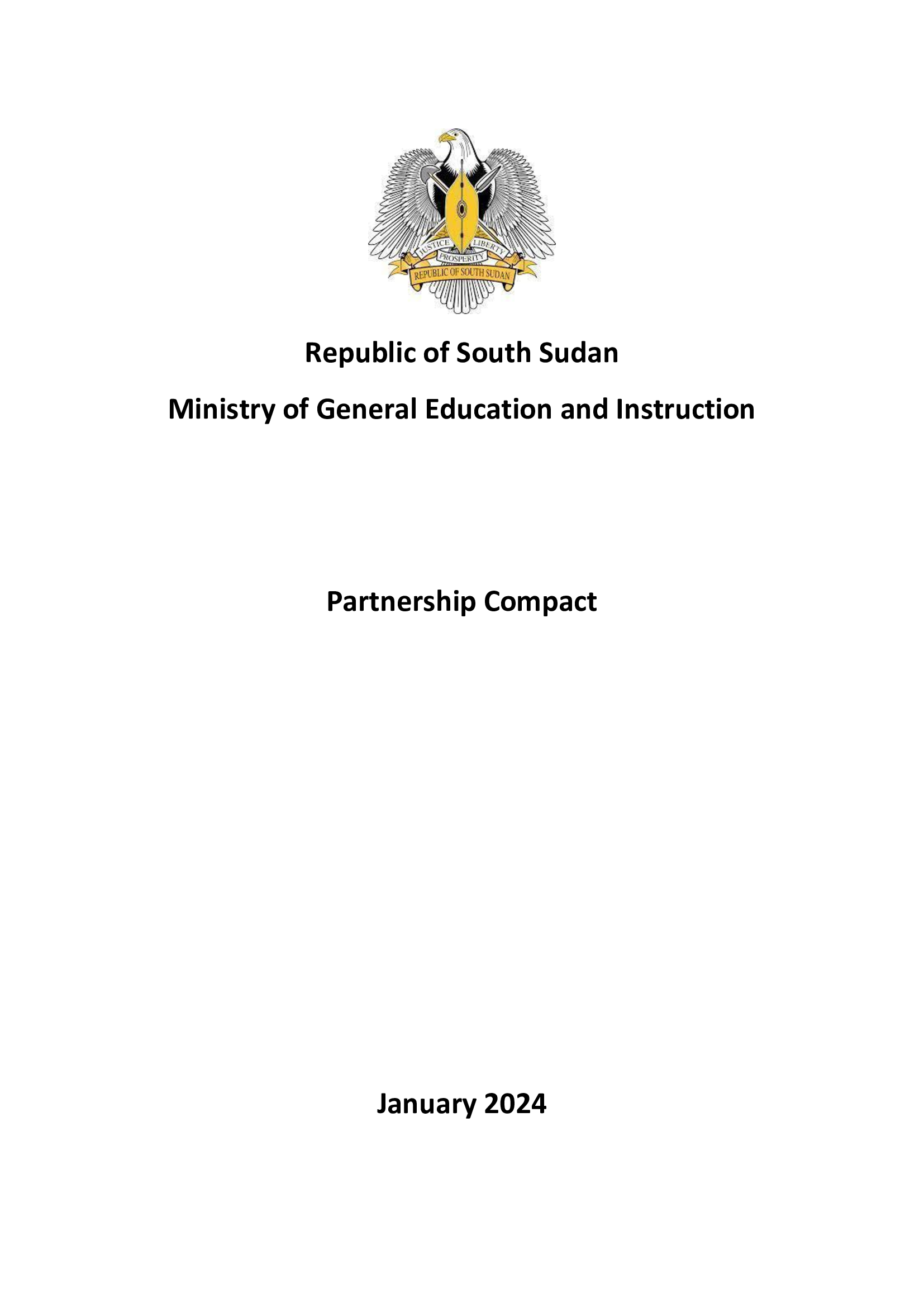Education in South Sudan

Partner since:
Total grant support: US$114,900,857
Grant eligibility:
- Multiplier
- Girls' Education Accelerator
- System capacity
- System transformation
Partnership Compact
Coordinating agency: FCDO, USAID
GPE Team lead: Morten Sigsgaard

